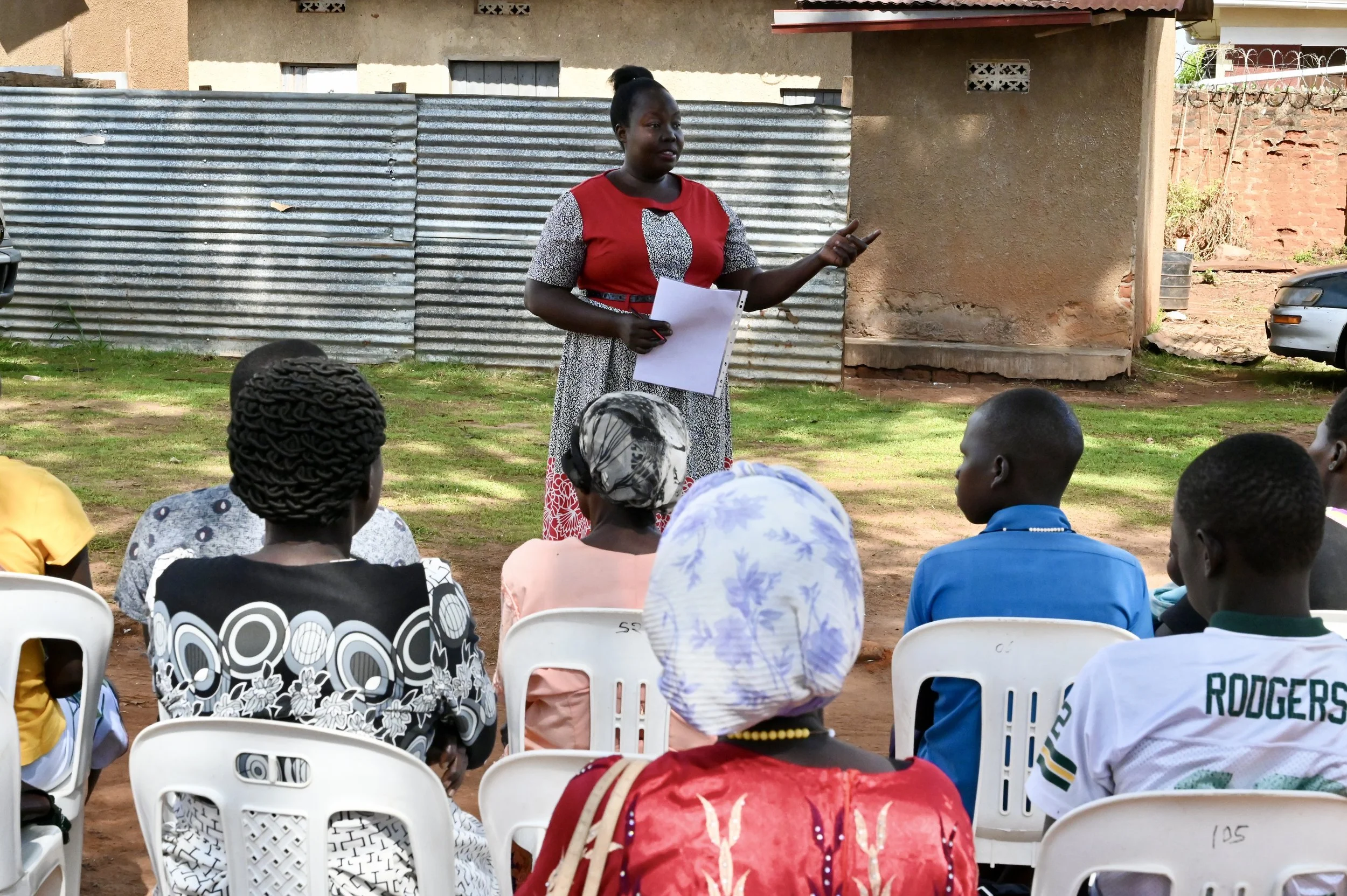Areas of Focus
RRCU collaborates with a vast global network of physicians, scientists, and research institutions to improve the prevention, diagnosis, and treatment of RHD in order to improve the quality of life of those who are or may become diagnosed.

Research Themes
-
Strategies to strengthen health systems are essential, especially in resource-limited settings. Capacity building involves enhancing the skills, infrastructure, and resources of health workers and institutions to improve service delivery. Task-shifting refers to the redistribution of tasks from highly qualified health professionals to those with shorter training and fewer qualifications, enabling more efficient use of available human resources.
This theme explores:
Training and education models to build local expertise.
Policy and regulatory frameworks that support task-shifting.
The impact of task-shifting on healthcare quality, access, and outcomes.
Challenges in implementation, such as supervision, workload, and acceptance.
The RRCU is working to inform sustainable, cost-effective ways to address workforce shortages and improve healthcare delivery, across Uganda.
-
Improving early diagnosis of RHD through the use of echocardiography and targeted screening approaches is imperative to reduce the burden of RHD. RHD often progresses silently in its early stages, making proactive detection essential for timely intervention.
Key areas of study include:
Evaluating the effectiveness and cost-efficiency of different screening methods.
Optimizing tools and technologies for field-based diagnostics.
Enhancing community engagement and case-finding techniques.
Integrating screening into existing health programs.
RRCU’s research supports timely diagnosis, better disease control, and more efficient use of healthcare resources.
-
Partnering with communities to design, implement, and evaluate health interventions that are locally relevant and sustainable are necessary for long-term success interventions and health outcomes. This approach emphasizes collaboration, mutual learning, and respect for local knowledge and culture.
In the context of diseases like RHD, this theme explores:
Engaging communities in awareness, prevention, and early detection efforts.
Co-developing research questions and solutions with affected populations.
Building trust and improving health literacy to enhance uptake of services.
Strengthening local capacity to support long-term health improvements.
The RRCU is utilizing community-based research and engagement strategies to ensure that interventions are culturally appropriate, more effective, and supported by the communities they are meant to serve.
-
Understanding the patterns, scale, and consequences of RHD at the population level is necessary to create appropriate interventions. It aims to generate evidence on how RHD affects individuals, families, and health systems, particularly in low-resource settings.
Key areas include:
Estimating the prevalence, incidence, and geographic distribution of RHD.
Assessing the health, social, and economic impact of the disease on affected communities.
Identifying risk factors and disease progression pathways.
Evaluating health outcomes, including morbidity, mortality, and quality of life.
RRCU’s research is working to inform policy, guide resource allocation, and support the development of effective prevention and control strategies for RHD.
-
Identifying and strengthening how health services are organized, delivered, and scaled—especially in the context of managing diseases like RHD will enable suitable interventions to be tested and implemented. It aims to identify practical, sustainable strategies to integrate RHD prevention, diagnosis, and treatment into existing health systems.
Key areas include:
Designing and testing models of care for RHD at different health system levels.
Integrating RHD services into primary healthcare and school health programs.
Evaluating the effectiveness, efficiency, and equity of service delivery.
Addressing barriers to implementation, including workforce, supply chains, and policy gaps.
The RRCU supports the development of scalable, context-appropriate solutions to improve access to quality care and strengthen health system resilience.
-
Developing and testing new strategies to prevent, diagnose, and treat RHD more effectively is needed to reduce the global burden and improve health outcomes for those living with and at risk of RHD. This includes evaluating innovative therapies, diagnostic tools, and care models through rigorous clinical research.
Key areas include:
Investigating new medications, vaccines, or treatment regimens for RHD and its precursors.
Testing novel diagnostic approaches, such as simplified echocardiography or point-of-care tools.
Conducting clinical trials to assess the safety, efficacy, and scalability of interventions.
Generating high-quality evidence to inform clinical guidelines and policy.
The RRCU aims to improve patient outcomes and advance the global standard of care for RHD, especially in low-resource settings.
Find published articles on these research themes by RRCU collaborators on our publications page




